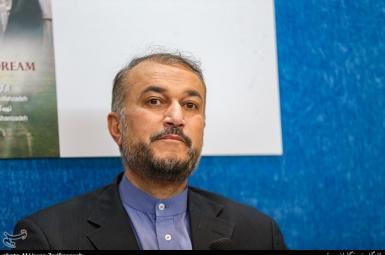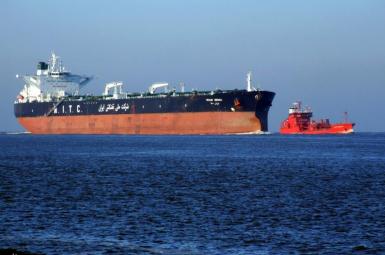
Cracks Appear to Widen As Iran Nuclear Talks Resume Before Election
In December as Joe Biden prepared to take office as United States president, some suggested it would be relatively straightforward to revive Iran’s 2015 nuclear deal with world powers, abandoned by outgoing president Donald Trump in 2018.
This was the hope of Iranian president Hassan Rouhani, for whom the deal was a landmark achievement whose revival would lift draconian sanctions introduced by Trump that plunged Iran into economic recession.
Others spoke of a limited window of opportunity given Rouhani was ineligible for a third consecutive term in June’s presidential election with a successor perhaps less interested in reviving the 2015 deal, the JCPOA (Joint Comprehensive Plan of Action).
Now, as talks Iran’s talks and world powers over the JCPOA, begun in early April, resume in Vienna on Saturday just six days ahead of the June 18 presidential poll, many doubt they will conclude successfully even before Rouhani leaves office in August.
Europe Closer To US?
Biden’s foreign-policy emphasis on co-operation with allies has drawn the US closer to Europe, including over Iran. This week’s board meeting of the International Atomic Energy Agency (IAEA) in Vienna suggests this has pulled the three European JCPOA signatories − the ‘E3’ of France, Germany and the United Kingdom − away from Russia and China.
In December all remaining JCPOA signatories – China, the E3, Iran and Russia – agreed a statement welcoming “the prospect of a return of the US to the JCPOA” and stressed “their readiness to positively address this in a joint effort.”
In Vienna this week, the IAEA board meeting was presented Wednesday with an E3 statement arguing Iran’s nuclear steps since 2019 in response to the US leaving the JCPOA had “irreversible consequences for Iran's nuclear capabilities,” and undermined “the non-proliferation benefits” of the JCPOA.
The E3 statement reflects a key issue hampering talks in Vienna: Iran has gained experience and knowledge – in enriching to higher levels, in using more advanced equipment – that could invalidate calculations made in 2015 over the JCPOA.
The E3 also stressed issues raised Monday by IAEA chief Rafael Mariano Grossi in an address to the IAEA board emphasizing Iran’s failure to explain uranium traces in several sites undeclared to the agency. While these relate to work well before the JCPOA, the issue has weakened the E3’s sense that Iran is ready to compromise over reviving the agreement, which involved more intrusive inspections and what the agency calls “more robust verification.”
Russia And China Closer to Iran?
Russian IAEA envoy Mikhail Ulyanov took a different approach, urging the agency to “ease tensions around these matters, refrain from politicizing them” and to solve problems in strict compliance with the rules of the Non-Proliferation treaty (NPT). Iran’s IAEA envoy Kazem Gharibabadi insisted Iran had "tried in good faith" to address contentious issues and he accused the agency of taking on a “political color” by ignoring Israel’s nuclear weapons, the killing of Iranian scientists, and attacks on Iran’s atomic sites.
Chinese Foreign Minister Wang Yi Friday placed the responsibility for reviving the JCPOA squarely with Washington. While urging both the US and Russia to cut their nuclear arsenals, days before Biden and Russian President Vladimir Putin meet in Geneva, Wang said "unilateral bullying acts of the United States" were the root cause of the Iranian nuclear problem and that “lifting [US] sanctions on Iran first” was the “natural” way to revive the JCPOA. Wang said the Vienna talks were in a "final sprint.”
Iranian Deputy Foreign Minister Abbas Araghchi (Araqchi) said Friday on his Telegram application that the resumed talks would focus “on the possible return of the United States to the nuclear accord and ensuring the full and effective implementation of this agreement.”








